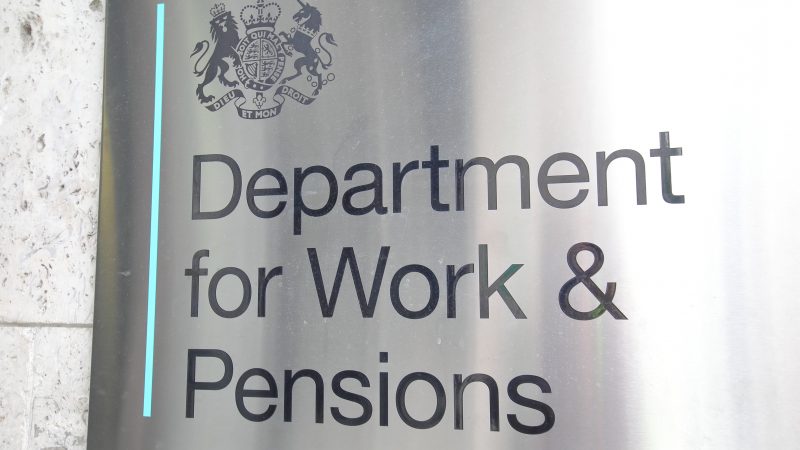
Research has found that the planned £20-per-week Universal Credit cut will see 1.5 million working people face hardship over the winter, with 600,000 – one in four working claimants – reporting that they will struggle to afford basic necessities.
Responding to figures published by the Citizens’ Advice Bureau today, which focused only on the 2.3m claimants in work, Jonathan Reynolds warned of a “very difficult winter” facing millions of families “because of this government’s choices”.
The Shadow Work and Pensions Secretary said: “Rising food costs, tax hikes, the energy crisis and cuts to Universal Credit are a perfect storm facing working families. It’s not too late for the government to step up, support struggling families and cancel their cut to Universal Credit.
“Labour would maintain the uplift and reduce the taper rate to allow people to keep more of the money they earn when we replace Universal Credit.”
CAB predicted that the taper rate – the rate at which the entitlement is withdrawn as a person earns more – currently means someone paying National Insurance and tax would have to work nine hours at minimum wage to make up for the cut.
Chief executive Dame Clare Moriarty has urged the government to reverse its “disastrous decision to cut this lifeline”. She highlighted rising food prices and energy bills and said the cut was coming at the “worst possible time”.
The Universal Credit uplift was introduced during the first wave of Covid, raising the standard rate for a single, over-25 claimant from £317.82 to £409.89 a month. Theresa Coffey confirmed in July that it would not be extended beyond the autumn.
Ministers have suggested that the withdrawal is part of a push to get people into work, despite the latest Department for Work and Pensions figures showing that almost 40% of people on the benefit are in employment.
Almost six million households will lose £20 per week due to the cut, which will take effect from October 6th. The standard allowance for a single person over 25, excluding rent, will be £324.84 per month and £257.33 per month for under-25s.
The Joseph Rowntree Foundation has estimated that the move will send half a million people, including 200,000 children, into poverty. A recently leaked government memo admitted that “homelessness and poverty are likely to rise, and food banks usage will soar”.
Gordon Brown has referred to the UC cut as “the most morally indefensible thing I have seen in politics“, citing research that indicates the cut could push 300,000 children into poverty. Minister Kwasi Kwarteng this week acknowledged that it would contribute to a “difficult winter“.
The cut has also met with opposition from the Tory backbenchers. MPs John Stevenson and Peter Aldous have previously urged the government to make the uplift permanent, with Aldous describing it as a “lifeline for millions of families”. Tory peer Lord Duncan has also criticised the decision.




More from LabourList
Government announce SEND reform in schools white paper
SPONSORED: ‘Industrial hemp and the challenge of turning Labour’s priorities into practice’
‘A day is a long time in politics, so we need ‘action this day’’